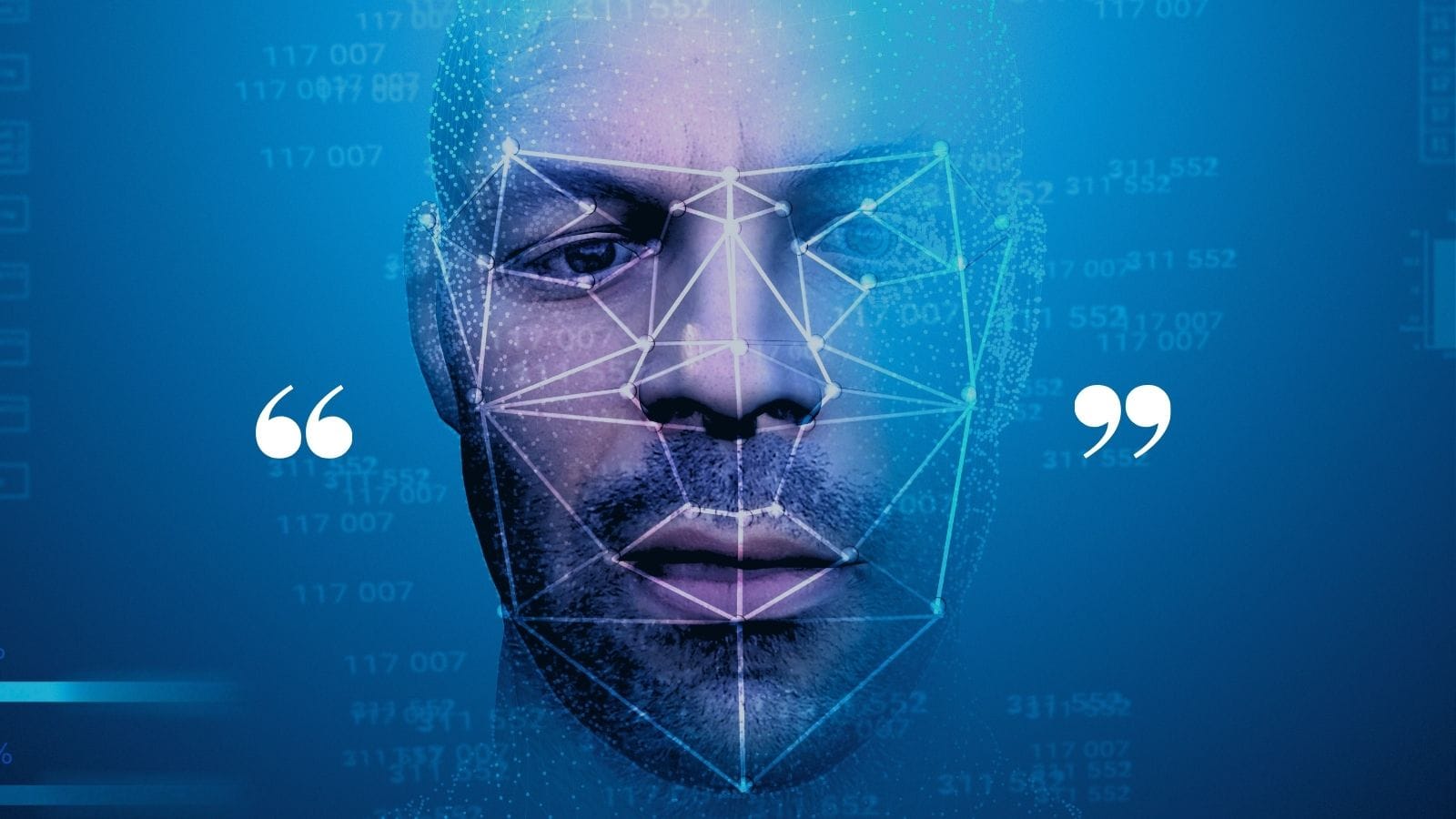
Biometrics Institute members highlight the need for robust policies and ethical frameworks for facial recognition
Building upon its recent report, Members’ Viewpoints: The Use of Facial Recognition in Policing, the Biometrics Institute convened a pivotal On the Pulse Conversation to examine the broader application of facial recognition technology (FRT) across publicly accessible spaces, including retail, clubs, stadiums, and policing. The session, titled Facial Recognition in Retail, Clubs, Stadiums, and Policing – Should the Same Standards Apply?, brought together members, policymakers, and industry experts to address the mounting concerns surrounding FRT, including live facial recognition (LFR), in both public and private sectors. With specific attention paid to the police use of this technology and adoption by commercial users.
The conversation led by Biometrics Institute Expert Group members and guests included:
- Roger Baldwin, Advisory Council Member, Biometrics Institute (moderator)
- Brett Feldon, Head of Digital Identity Group
- David White, Member, Technology and Innovation Expert Group
- Martin George, Member of Digital Identity Group
- Mick O’Connell, Advisory Council Member
- Terry Aulich, Head of Privacy Expert Group
- Terry Hartmann, Member of Future Direction Group
- Jason Zhou, National Solutions Manager, Digital ID & Biometrics, NEC Australia
Discussions kicked off noting that the use of FRT is on the increase and public concern over the collection, storage, sharing and deletion of their data is a key concern that the biometrics community needs to address. Isabelle Moeller, CEO of the Biometrics Institute, summarised the conversations by saying:
We need firm guidance on how to achieve a successful and positive implementation that will stand up to third party scrutiny. What should a Privacy Impact Assessment for FRT use in publicly accessible spaces look like to meet regulatory challenges? When is the use proportionate and how do you explain to citizens how their data is managed? How do you handle the issue of obtaining consent in a commercial environment?
The meeting debated in detail the complexities of obtaining informed consent in publicly accessible spaces, where continuous monitoring raises significant privacy concerns. Members discussed how a better understanding of FRT operation could be achieved, and some of the proposed ideas will be explored further at the next member meeting.
A significant point of discussion was the lack of mandatory independent testing, not only of the technical accuracy of FR systems but also of the surrounding infrastructure and policies. Participants noted the current fragmented regional approaches to FRT regulation and explored the potential benefits of more consistent, national and international approaches.
The panel noted the growing use of FRT in retail for loss prevention as well as staff protection, and in entertainment venues for access control and security. These commercial applications, although potentially beneficial, presents unique challenges regarding data privacy and consent, as customers often unknowingly have their biometric data captured. The need for clear guidelines and regulations in these private sector deployments was strongly emphasised.
Key points raised during the conversation included:
- The importance of clearly defining the purpose of FRT deployment, which may vary across different circumstances
- Significant variations in Privacy Impact Assessment (PIA) practices across different jurisdictions underscores the need for global standards
- Fair and transparent processes are necessary to correct misidentification, along with clear guidelines for individuals to seek redress
- Potential for legal challenges from offenders and their legal representatives if basic standards are not established
- The known gender and racial bias in facial recognition technology, and the importance of trained personnel to review the FRT outputs in context
- The importance of technical testing, and the need to also test the infrastructure and policies
The Biometrics Institute will continue this critical discussion at its upcoming Asia Pacific Conference in Sydney in May and its Congress in London this October. These events, underscore our members’ commitment to responsible biometrics practices, and the Three Laws of Biometrics – policy, before process and technology, proving the need, and applying proportionality to build trust – as principles for all discussions and future policy recommendations.
Understanding the challenges of securing consensus for biometric data usage, particularly in widespread public applications, the Institute is actively developing new proposals and further details on these initiatives will be shared as they evolve.
ENDS
About the Biometrics Institute
The Biometrics Institute is the independent and impartial international membership organisation for biometric users and other interested parties. It was established in 2001 to promote the responsible, ethical and effective use of biometrics. It has offices in London and Sydney.
The member register which represents a global and diverse multi-stakeholder community now lists over 200 membership organisations from 41 countries. It includes banks, airlines, government agencies, biometric experts, privacy experts, suppliers, academics and 18 Observers representing United Nations agencies, IGOs and European Union institution.
The Biometrics Institute connects the global biometrics community. It shares knowledge with its members and key stakeholders and most importantly, develops good practices and thought leadership for the responsible, ethical and effective use of biometrics.
For more information, please email Marco Lombardi.




